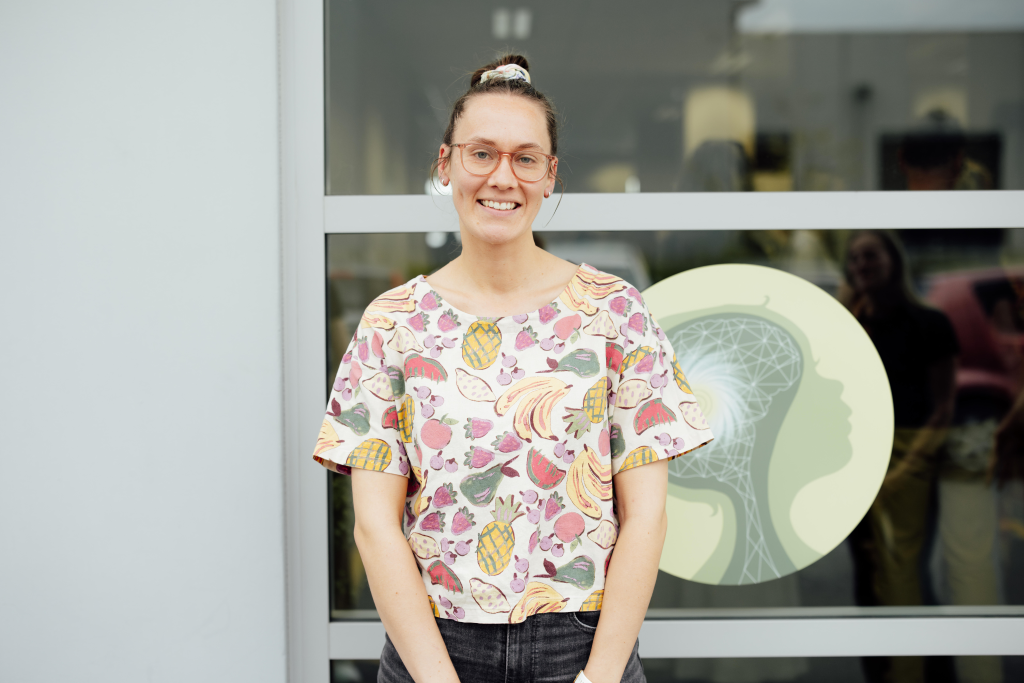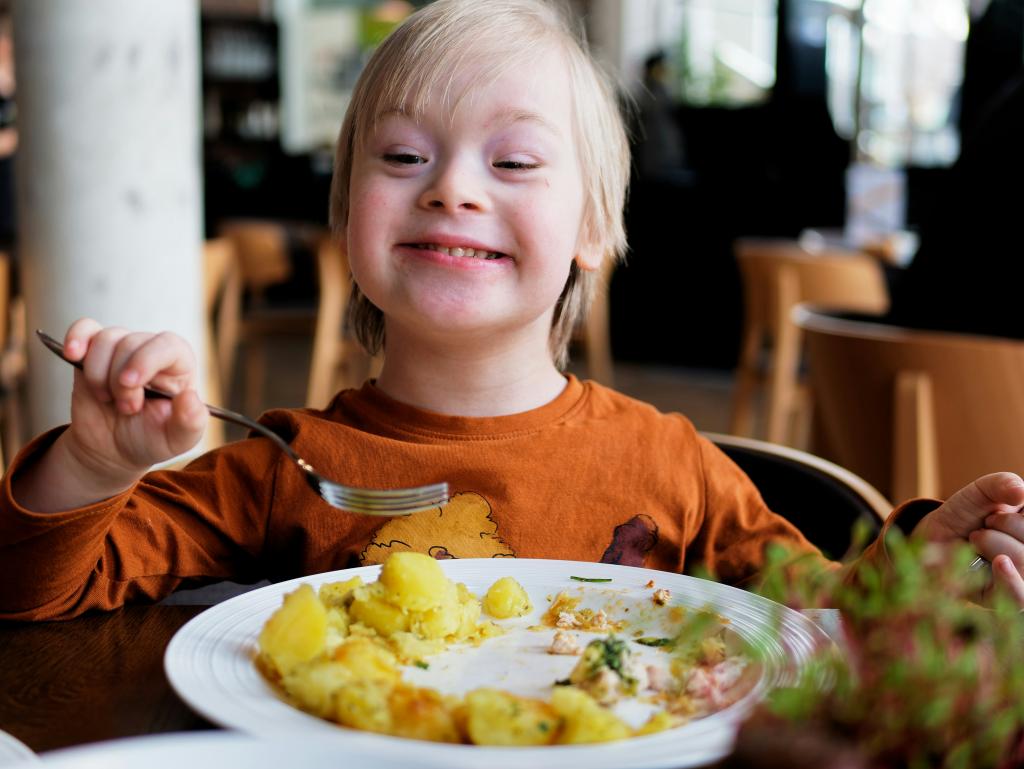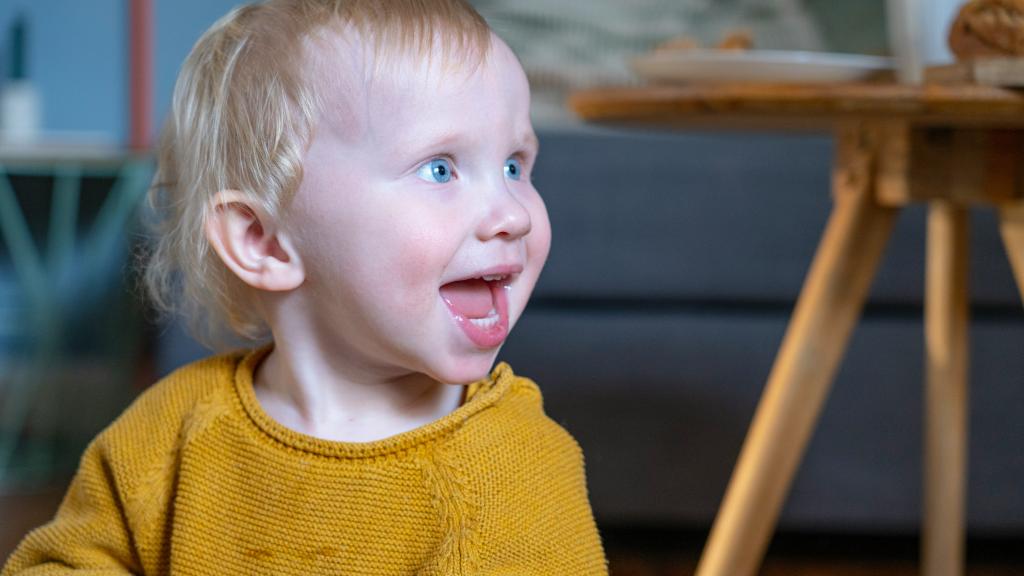Rotorua Clinic Speech Pathologist
Introducing Mandy Henderson
I’m a paediatric Speech and Language Therapist with 20 years of experience working exclusively in paediatrics. I specialise in feeding and swallowing disorders—including dysphagia—and communication challenges tied to neurodevelopmental conditions. My expertise spans motor speech disorders, expressive and receptive language delays, AAC implementation, and oral motor skill development to support safe eating and drinking. I take a flexible, multi-modal approach tailoring therapy using proven methods such as SOS feeding, visual supports, and sensory strategies. I collaborate closely with families and other professionals (e.g., OTs, dietitians, paediatricians) to create cohesive, evidence-based plans. Additionally, I provide practical tools and resources for parents to reinforce progress at home. I pride myself on a holistic, family-centred model that aims for meaningful, sustained outcomes—helping children feel more confident, supported, and able to participate fully in mealtimes and communication.
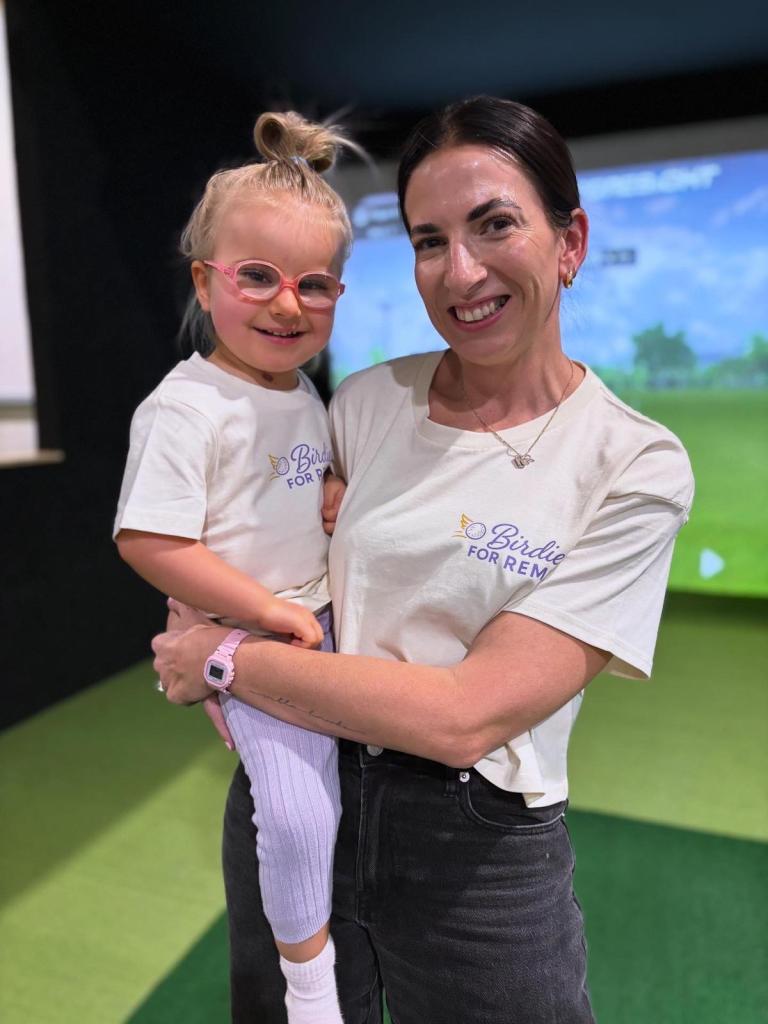
Speech and Language Therapy
What are the benefits of
Speech and Language Therapy for children?
Feeding Support
Many children find eating and drinking challenging, whether that’s due to difficulties with chewing, swallowing, or accepting new foods. In therapy, we make sure your child is in the best position for feeding, explore different food types and textures, and work on oral motor skills to support safe swallowing. Goals might include increasing the volume of food your child eats, or expanding the range of foods and textures they will accept. Feeding therapy is always paced carefully to match your child’s comfort and safety.
Speech Skills
Some children find it tricky to make certain sounds or to get their words out clearly. Therapy might involve fun activities and games that help your child practice specific sounds, strengthen the muscles used for talking, and improve the rhythm and flow of speech. Over time, this helps your child’s speech become clearer and easier to understand.
Language Skills
Language isn’t just about talking—it’s also about understanding. We support children who may find it hard to follow instructions, learn new words, or put sentences together. Therapy can involve play, stories, and everyday routines to build both understanding (receptive language) and expression (expressive language). This helps your child join in more confidently with conversations, play, and learning.
Family Support
Progress happens fastest when therapy doesn’t stop at the clinic door. That’s why we work closely with you, showing you practical strategies that fit into everyday routines—like mealtimes, playtime, or school. We provide resources, ideas, and coaching so you feel confident supporting your child between sessions.
Assessment
Speech-language Therapists are experts in the assessment and treatment of speech, language and feeding disorders. During an assessment of your child’s speech and/or language our specialist therapists will use their skills to analyse your child’s:
– cranial nerves
– oral motor anatomy
– oral motor skills
– speech sounds used
– verbal language skills
– nonverbal language skills
– auditory comprehension of spoken language
– voice
– social use of language
– general development
The results of the assessment indicate what treatment options would suit your child and/or if onward referrals are required. Recommendations may include strategies that you can complete independently at home, a block of therapy with a SLT in person or via Telehealth, a referral to a more appropriate service provider or further medical investigations.
Intensive Therapy
Including speech and language therapy in your child’s intensive program means we can target specific communication and/or feeding goals within the same block of therapy. Sessions are practical and collaborative so you leave with an assessment, tailored tools, or a structured home program to continue progress at home. I can also provide handovers and collaborate with your regular therapist to make sure your child’s support is consistent and connected.
What Happens in a Speech and Language Session?
A session is designed to be child-friendly and engaging. Depending on your child’s needs, we might:
- Support feeding by checking positioning, trying different foods or textures in a safe way, and working towards goals like eating more volume or accepting new textures.
- Do fun activities that strengthen the mouth and tongue muscles.
- Play games or read books to encourage talking and understanding.
- Practice using pictures, signs, or devices to support communication.
- Talk together about what’s working at home and show you strategies to try between sessions.
Why It Matters
Speech and Language Therapy isn’t just about the time spent in the clinic—it’s about helping your child succeed in everyday life. Our goal is to make mealtimes more enjoyable, communication more successful, and family life less stressful.
Most importantly, we want your child to feel confident, understood, and supported, and for you to feel empowered as a family.
Speech and Language Therapists are experts in the assessment and treatment of speech, language and feeding disorders.
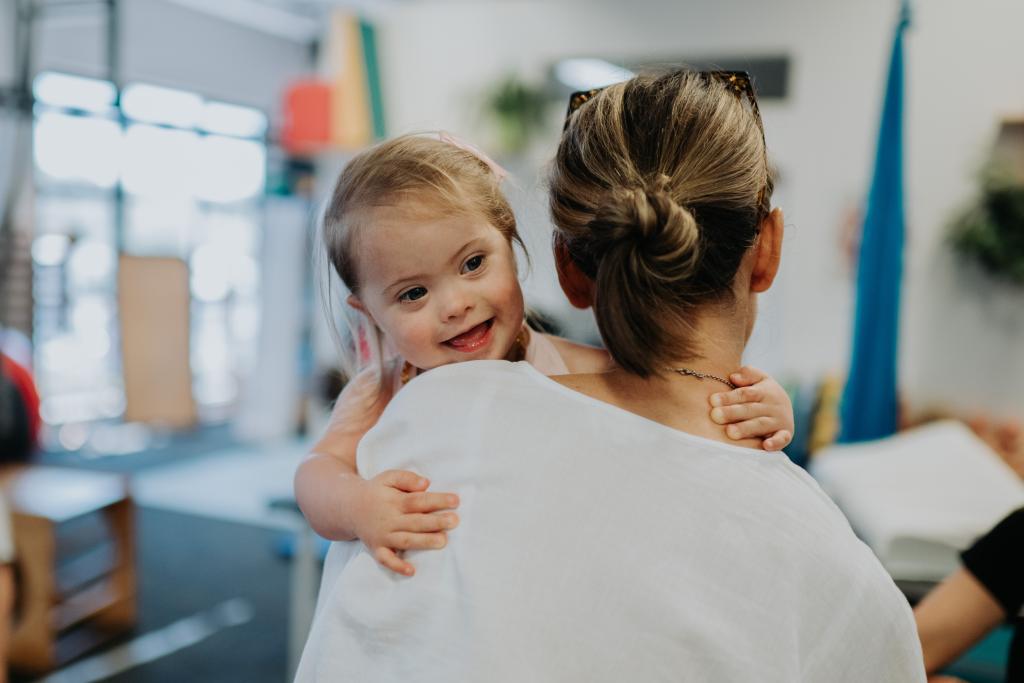
Christchurch Clinic Speech Pathologist
Introducing Yani Nicholson
